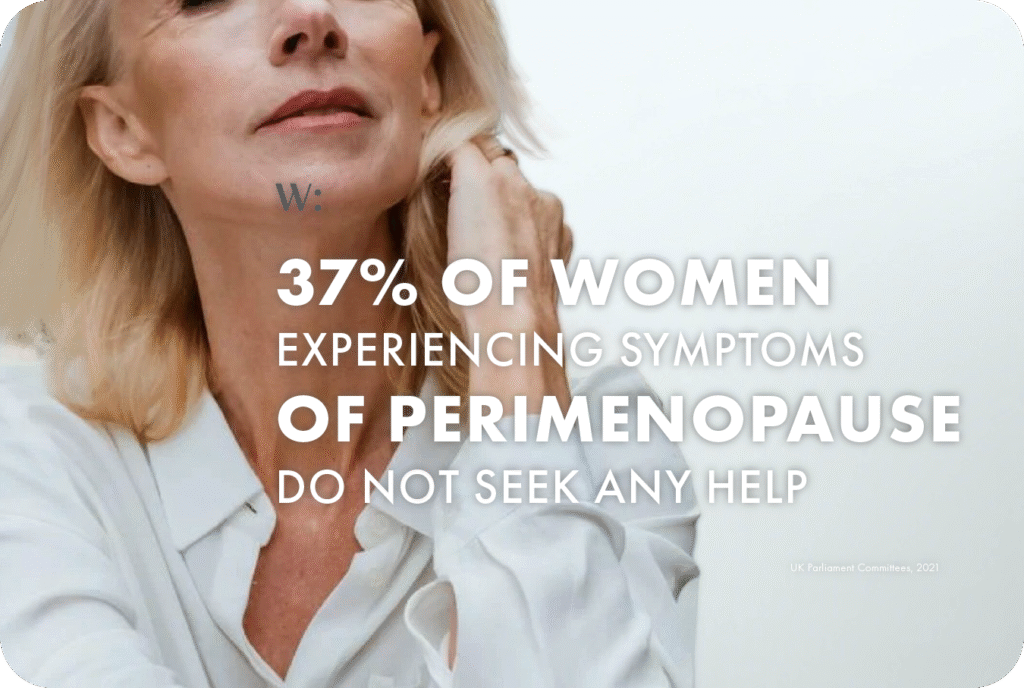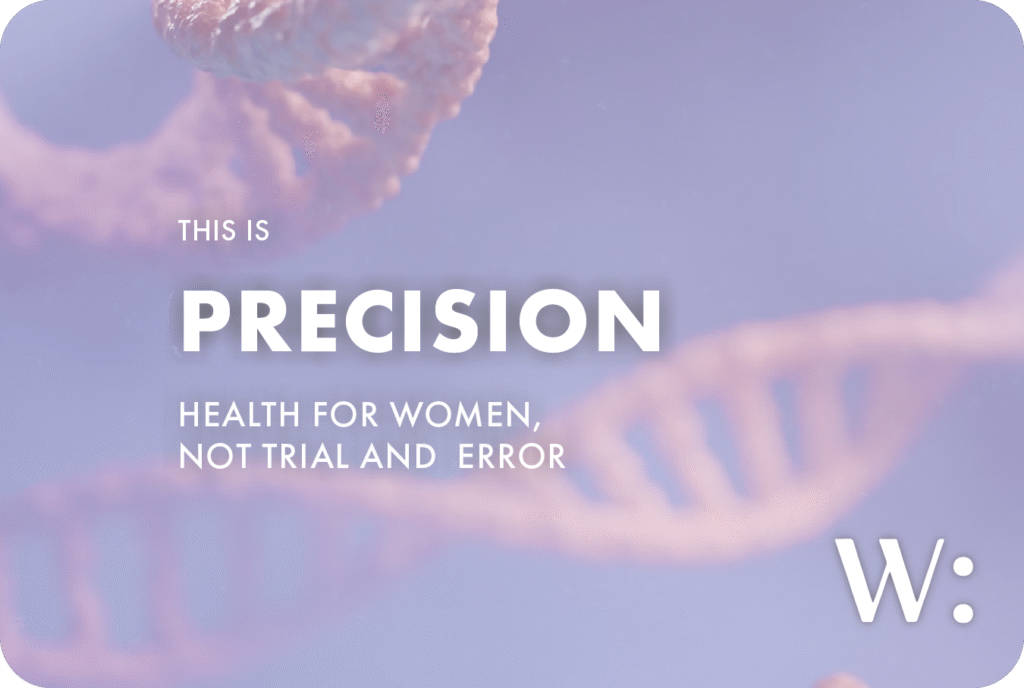The answer often lies in a field we call Hormogenetics™.

Hormogenetics is the study of how your inherited genes influence the way your body responds to hormonal change.
It’s based on a simple truth: your hormones are only part of the equation. Your genetic expression or sensitivity determines how those hormones are received, processed, detoxified, and translated into action.
So two women with similar hormone levels might have completely different symptoms — because one is genetically resilient, and the other is sensitive.
There are four key areas where genetic variation can influence your hormone experience:
1. Hormone Metabolism
• Genes like CYP1B1, COMT, and GSTT1 affect how efficiently your body breaks down estrogen.
2. Receptor Sensitivity
• Genes like ESR1 and PGR influence how well your cells “hear” hormonal signals.
3. Neurotransmitter Regulation
• Genes like MAOA, MTHFR, and TPH2 impact mood, anxiety, and sleep in response to hormone shifts.
4. Inflammatory Load & Detox
• Genes like TNF, IL6, and NQO1 determine how much inflammation and oxidative stress your body generates under hormonal stress.

Understanding your Hormogenetic profile helps you:
• Personalise hormone therapy (especially bioidentical HRT)
• Know whether symptoms stem from low hormone levels or poor processing
• Anticipate areas of vulnerability (e.g., mood, skin, brain, weight)
• Build targeted nutrition and supplement protocols
This is precision health for women—not trial and error.
Based on Hormogenetics, we’ve identified three common archetypes:
1. Resilient: Naturally buffered against hormone decline. Mild symptoms, strong detox, low inflammation.
2. Sensitive: Feels hormonal shifts intensely. Prone to anxiety, fatigue, and poor estrogen clearance.
3. Silent: Few obvious symptoms but internal changes (like bone loss or insulin resistance) are brewing silently.
Knowing your archetype helps us choose the right interventions at the right time.
FemGene™ is the first test built specifically to map Hormogenetics in women.
It analyses 350+ SNPs across 125 genes, clustering them into pathways that explain your unique hormonal landscape.
With it, we can:
Your hormones don’t work in isolation. They work through you — and you are unique.
Hormogenetics gives us the missing context: the why behind your symptoms, the how behind your healing, and the whento intervene before things spiral.
This is your inherited code for hormone resilience. It’s time to understand it.